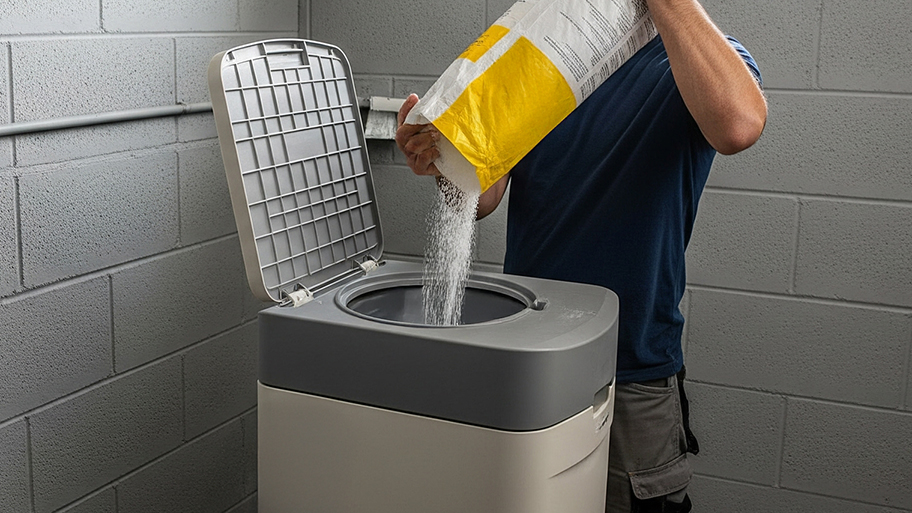
How much a water softener costs depends on your home’s size, and the system’s type and capacity. Our expert guide explores all the price factors.
Treating hard water can pay off in the kitchen
Hard water contains many magnesium and calcium ions.
Water with 0–60 milligrams per liter is considered soft.
Soft water boils faster because there’s less mineral content.
Soft water can make for more tender food, including baked goods.
You might have noticed spots and streaks on your glassware and chalky residue on your tea kettle. These are sure signs you have hard water and you realize you might need to invest in a water treatment system. But first, you want to make sure softening your water won’t ruin your cooking. Read on for a few reasons why transitioning from hard to soft water might actually improve the dishes and drinks you turn out.
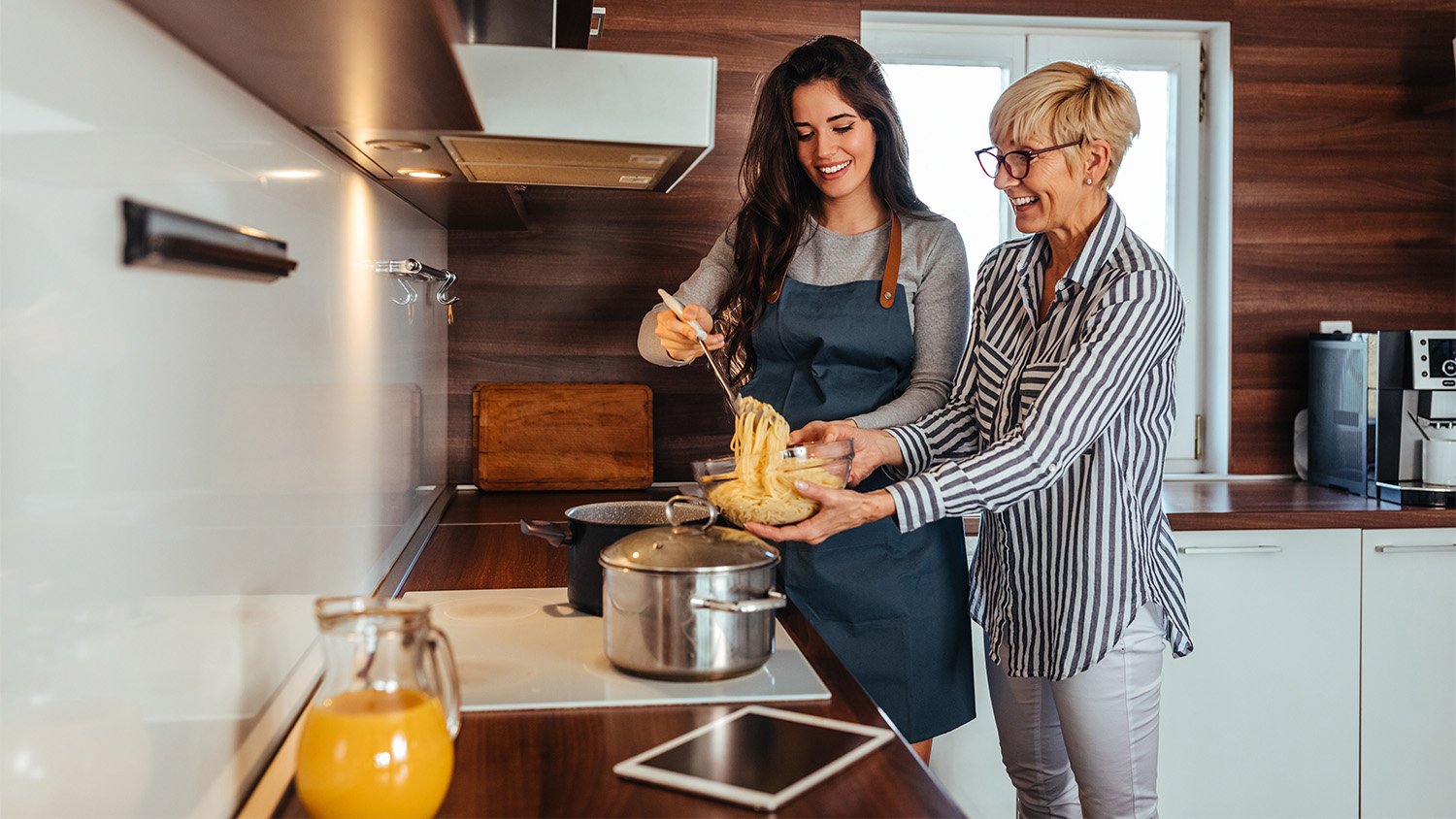
In general, hard water contains many magnesium and calcium ions. Water with 0 to 60 milligrams per liter (mg/L) is soft, 61 to 120 mg/L moderately hard, 121 to 180 mg/L hard, and more than 180 mg/L very hard.
Since traditional water softeners remove these minerals and replace them with (softer) sodium and potassium, soft water tends to be slightly saltier and, as a result, more flavorful.
For anyone on a low-sodium diet, though, they’ll probably want to choose a salt-free water treatment system, such as a water conditioner or reverse osmosis water filter.
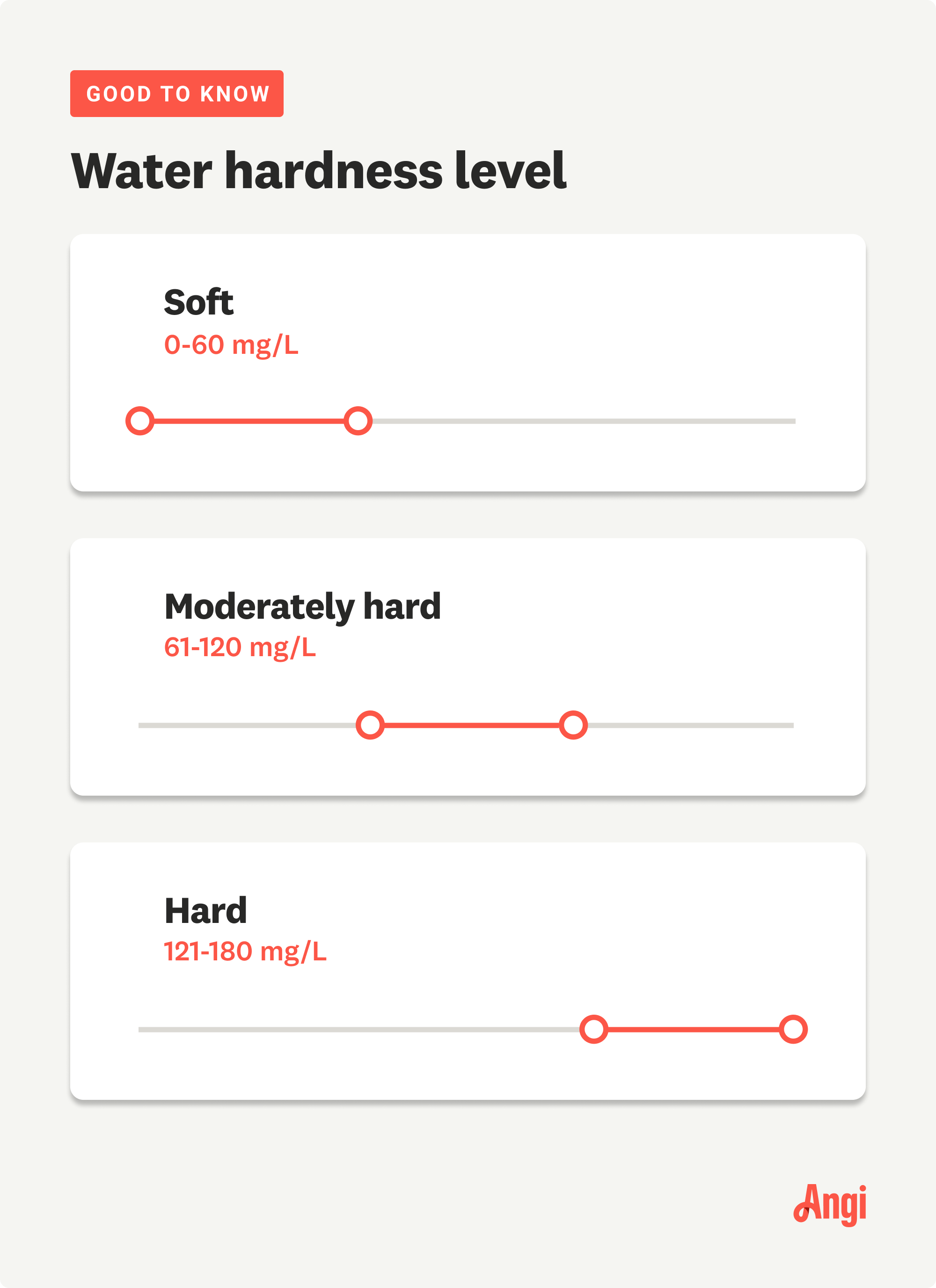
Goodbye, spots and dull streaks (otherwise known as limescale) on your glassware and other dishes. With hard water, minerals build up on your serving pieces. Once you soften water, you’ll be free of that residue.
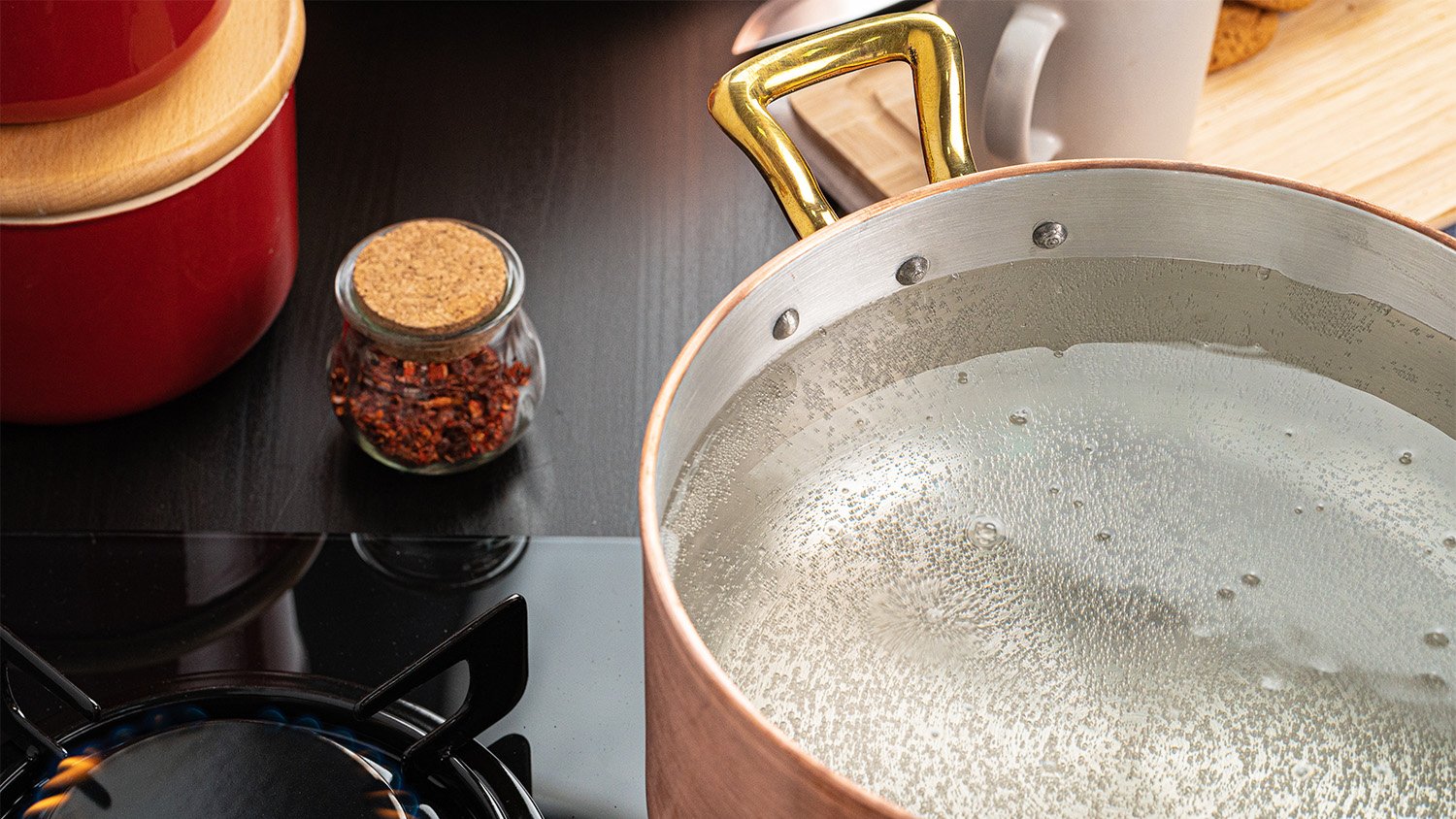
Thanks to its high mineral content, hard water has a boiling point one or two degrees higher than soft water, so it takes a bit more time to come to a boil. Each time you cook water for pasta, rice, or tea, you’ll appreciate your decision to hire a water softener company near you.
Mineral buildup can clog pipes and the parts of your water-using appliances, like coffee makers, tea kettles, and dishwashers. Converting from hard to soft water will likely boost the longevity of your large and small appliances.
“Hard water is alkaline and can cause color changes in potatoes, rice, and onions,” says food science writer Shirley O. Corriher in “Cookwise.” Think cream for potatoes and yellow for rice and onions. Soft water may help keep your foods their intended color for a more aesthetically pleasing presentation.
The calcium in hard water can make food firmer as well. “Green beans and some other vegetables can become so tough when cooked in hard water that they are inedible,” says Corriher. Soft water may make your produce easier to chew.
However, this con can also be a pro when it comes to fruits and vegetables that lose their shape, she explains. “Calcium compounds are sometimes added to tomatoes during processing to keep them firmer and prevent loss of shape. For the same reason, calcium is sometimes added to fragile fruits like raspberries when they are processed.”
Hard water can make baked goods tougher since minerals tighten gluten, which is a wheat protein. Treat your water, and get ready for fluffier bread, muffins, and scones. Yum!
If you're ready to enjoy better-tasting water at your home that enhances your culinary skills while also keeping streaks off your dishes, you have a few decisions to make. Installing a water softener isn't an overly complicated project. However, it does require your home to meet certain conditions. Here's what you need to know about how to install a water softener at your home.
You'll need to have an electrical outlet available for your new water softener. A standard residential water softener operates on a 120-volt outlet with a 24-volt transformer. If you don't have an outlet available, you'll need to call in a professional electrician to help make an upgrade.
Water softeners cycle through large amounts of water each day. You'll need to position your softener near a drainage area to accommodate capacity. For this reason, water softeners are always installed near:
Floor drains
Sump drains
Drain pipes
Basins
When installing a water softener, it's essential that you follow all local codes. Drains connected to water softeners can usually run several feet above the appliance. Alternatively, drains can run horizontally for up to 30 feet.
A water softener should be installed in a centralized location in your home for maximum efficiency. This usually means a basement or utility closet. Homeowners typically place water softeners in close proximity to water heaters and other treatment systems. When setting up an "order of operations" at your home, this is the order your protocol for water treatment should follow:
Sediment treatment/filtration
Water softener
Water heater
This setup ensures that high-quality water will be coming from your faucets. It also helps to increase the efficiency of your appliances. By keeping your water softener in a centralized location, you may actually be prolonging the life of all of your water-treatment appliances.
Water softeners come with instructions that can be followed for DIY installation. However, going in without some background knowledge can be overwhelming. In addition to learning the step-by-step process for how to install a water softener, homeowners should be prepared to tackle the challenging plumbing and electrical implications that go along with installing a softener.
First, a homeowner will need to set up a 120-volt grounded outlet with circuit-breaker protection. Additionally, it's necessary to connect the water softener at the point where the water source enters the home at a maximum rate of 125 PSI. Professional water softener installation cost ranges from $200 to $6,000.
From average costs to expert advice, get all the answers you need to get your job done.

How much a water softener costs depends on your home’s size, and the system’s type and capacity. Our expert guide explores all the price factors.

Wondering about water treatment system costs? Learn average prices, key cost factors, and ways to save on installation and maintenance for your home.
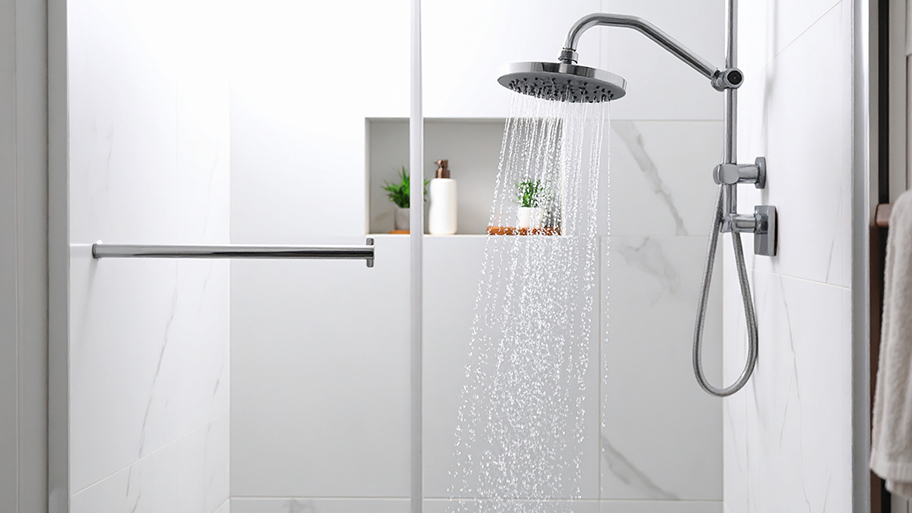
Water softener repair costs can add up, but they’re almost always worthwhile. Use this guide to see what your project is going to cost before you get started.

Not sure if you need a water descaler or a water softener? Use this handy guide to find out which you need and why it’s more likely to get the job done.

While not all symptoms of too much chlorine in water are cause for concern, there are times when you should call a pro. Get the details in this article.

Water softeners and filters might sound similar, but they serve different purposes. Here’s what to know when comparing a water softener versus a water filter.